The bank’s supervisory board, which is composed entirely of government
ministers, will meet on February 17 to consider the sales formally but
Mr Putin has already approved them. Mr Lebedev said: “The decision has
been taken. My understanding is there is a written government decision
on it with the word ‘agreed’.”
Mr Lebedev, 50, denied recent reports in London that he had been short
of cash and laughed off suggestions that he was now being bailed out by
Mr Putin at a critical moment in negotiations for
The Independent, saying: “That’s pretty public. Couldn’t he give me a billion under the table?”
He said: “It doesn’t change anything in my business life, this extra
cash. Anyway, I have committed it to a few other things; none of that
will be ever used for newspapers because I am funding the Evening
Standard out of my pocket.”
Asked whether he planned also to fund
The Independent
from his personal resources, he replied : “Yes, absolutely, yes.”
Although he declined to discuss details of his negotiations with the
current owners, Independent News and Media, he distanced himself from
suggestions that he would turn the loss-making paper into a free-sheet
as he had done with the
Standard.
Mr Lebedev said: “If you claim that you are saving a good newspaper and
that you want to reform it you don’t do that by hitting other papers.
“Let’s assume we make the
Indy
free, you’d affect seriously the business models of other newspapers
and frankly, that’s a very important reason [not to do it].”
Mr Lebedev also played down suggestions that he had lined up Rod Liddle, the former editor of Radio 4’s
Today
programme, to edit the paper. He said: “I love Rod Liddle and hate him
... He’s a provocateur because he sometimes believes the opposite of
what he’s saying. Whether he’d make a good editor-in-chief I don’t
know.”
Insisting that he was a supporter of a free press in a democracy, he
said that he would tap new readers among an estimated 5 million Britons
who he described as “liberal democrats ... who really need
The Independent in the way it used to be”.
It had lost a sense of purpose but had “a very good chance to be a
global newspaper” campaigning on the environment and corruption issues,
he said.
However, the extent of his business links with the Kremlin have raised
concerns among some commentators about his own independence.
Granville Williams, a member of the national council for the Campaign
for Press and Broadcasting Freedom and a specialist on media ownership,
called on the Government to ensure that
The Independent remained autonomous.
“These new deals with Putin raise concern that the quid pro quo would be for
The Independent
to draw red lines around its Russian coverage,” he said. “Although Mr
Lebedev has a good track record on free speech, I’d want the Government
to ask for firm guarantees that
The Independent will not feel afraid of reporting Russia negatively under his ownership.”
Other media analysts, however, said that
The Independent
was a “natural fit” for Mr Lebedev. “It’s ideologically his true home,”
said Lorna Tilbian, an analyst at Numis. “I don’t think he’s damaged
the
Standard and, indeed, he may have saved it. Maybe he’ll save the
Indy as well.”
Mr Lebedev said that he knew President Medvedev and Mr Putin but found
it easier to “treat them as one” rather than as separate political
figures. He had not seen the latter for two years, after a Moscow
tabloid that he owned printed a false story alleging that Mr Putin had
secretly divorced his wife, Lyudmila, and married Alina Kabayeva, a
former Olympic gymnast half his age.
Asked to characterise his relationship with them in light of the
business deals, he said: “If they want me as an ally then I’ll be more
than happy to call myself a modernisation force.”
Before now Mr Lebedev, who funds the
Novaya Gazeta,
the opposition newspaper where the murdered journalist Anna
Politkovskaya worked, was regarded as one of the most vocal domestic
critics of Mr Putin’s clampdown on political dissent.
He disclosed that his efforts to form a moderate opposition party with
the former Soviet leader Mikhail Gorbachev had been blocked by the
Kremlin’s shadowy chief ideologue, Vladislav Surkov, the man who coined
the term “sovereign democracy” to justify Mr Putin’s growing
authoritarianism as President until 2008.
An avowed Anglophile, Mr Lebedev spied for the KGB in the late 1980s at
the Soviet Embassy in London, rising to lieutenant-colonel in the
foreign intelligence service — the same rank as Mr Putin. He went into
business after the collapse of Communism, becoming rich on complex
banking deals.
The
Evening Standard
was losing £10 million a year when Mr Lebedev bought a 75 per cent
stake from Associated Newspapers last January, becoming the first
Russian owner of a British newspaper. He said that he had honoured
pledges of financial support without interfering in editorial
decisions, adding: “I have built walls higher than the Chinese and I am
strictly observing this principle.”
There were “positive trends” financially after the
Standard
abolished its cover price and almost tripled the print run to 600,000
as a free newspaper. Mr Lebedev said: “The positive trend comes from
additional revenues from advertising, which is linked to increased
circulation.”
Sources close to Independent News and Media said yesterday that they
were optimistic about concluding a deal with Mr Lebedev by February 15,
when exclusive talks between the parties expire.
“Some issues have yet to be decided and the ball is not in our court,”
Mr Lebedev said. One sticking point could be what to do with a
long-standing printing contract with Trinity Mirror, which would cost
Mr Lebedev a lot to cancel.
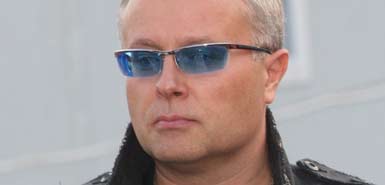


































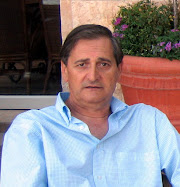
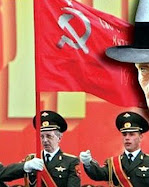




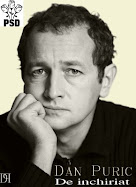





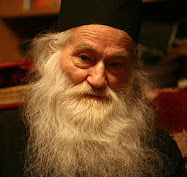


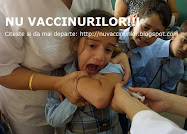



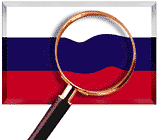

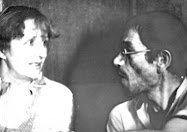






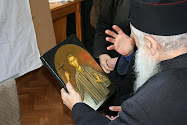
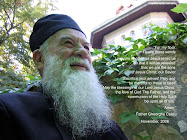


No comments:
Post a Comment